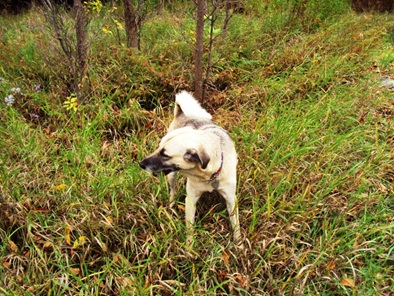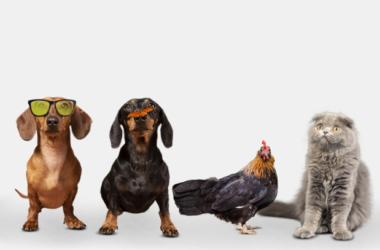Many dog parents are worried when they see their dog eating grass. There are many theories that try to explain why dogs eat grass. What’s the truth? Is eating grass bad or good for your dog? Let’s see.
Normally a dog is not seen eating grass. If he is, it may be a sign of a change in health. Grass itself has no harmful effect on dogs, but according to some people dogs tend to eat grass when they have an upset stomach.
Know more about the reasons of the habit of eating grass in dogs and think if you must consult with Lindfield vet like Gordon Vet about the habit.
Why do Dogs Eat Grass?
Dogs are basically carnivorous animals, but can and do eat vegetables and plants. A dog may eat grass while roaming outside. Raw grass is harmless for dogs unless it is sprayed with chemical pesticides and treated with fertilizers. Hence if you see your dog eating grass, don’t worry.
However, it’s also a fact that many dogs start vomiting right after eating grass. But it’s not yet known exactly why dogs eat grass and why some of them throw it out.
Theories about Dogs Eating Grass
For a long time, vets as well as dog parents were under the impression that dogs having upset stomachs ate grass to stimulate vomiting or that the grass caused upset digestive system in some dogs.
However, a study at Davis’s Center for Companion Animal Health at the University of California observed 1,500 dogs that had eaten grass at least ten times during a year and got some definitive answers. It was observed that less than 9% dogs were ill before eating grass and less than one in four dogs vomited after eating grass.
The researchers concluded that eating grass is most probably a trait inherited by modern dogs from their wolf ancestors which too ate grass infrequently. It’s believed by scientists that wolves consume grass usually to help them cleanse internal parasites and stop parasites from building up again in their systems.
When Grass Consumption may Indicate an Illness
Dog parents who sometimes catch their dogs consuming grass can take a sigh of relief once they know that the behaviour is quite normal and generally harmless.
However, it’s still worth watching for any change in the general behaviour and habits of the dog. If your dog has diarrhoea, becomes lethargic, has trouble in urinating or defecating, or shows any other indications of illness just before or immediately after eating grass, you should take him to a licensed North Ryde vet like Gordon Vet Hospital to evaluate his health.
While grass may hardly be the cause of an illness, any change in behaviour or eating habits sometimes may be an indication of a problem. In such a condition, a veterinarian can decide what’s going on inside your dog.
Stopping Your Dog from Eating Grass
Because eating grass is primarily harmless, there is no need to stop your dog from eating it unless he consumes an abnormally large amount of it every time he goes out or always vomits after that.
It’s needless to say that he should not be allowed to play on or eat grass that has been given a treatment of harmful chemicals to kill weeds or pests.
Here are a few tips to stop your dog from consuming grass:
- Use the “No” command whenever the dog wants to eat the grass.
- Don’t let him roam in a grassy area without supervision.
- When your dog would be unsupervised, remember to keep him in a grass-free area.
Consult your veterinarian for advice and assistance if your dog goes on eating grass in excessive amount.




